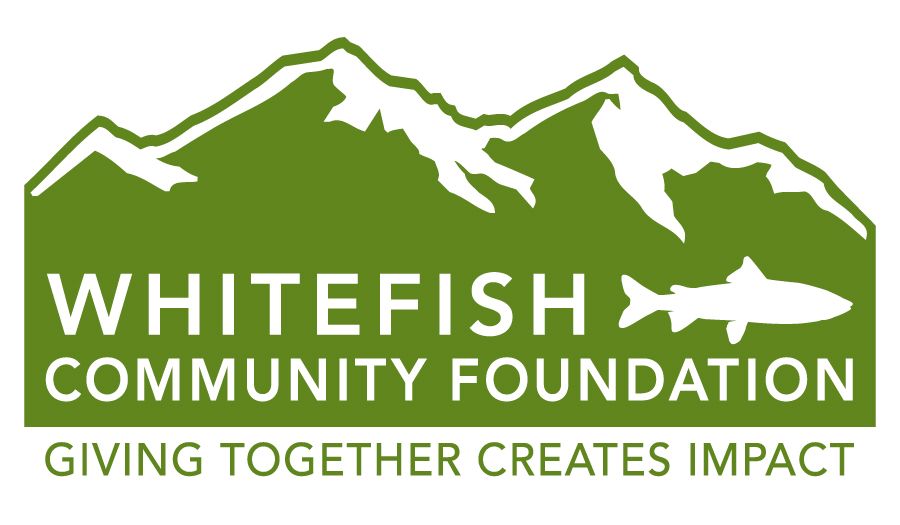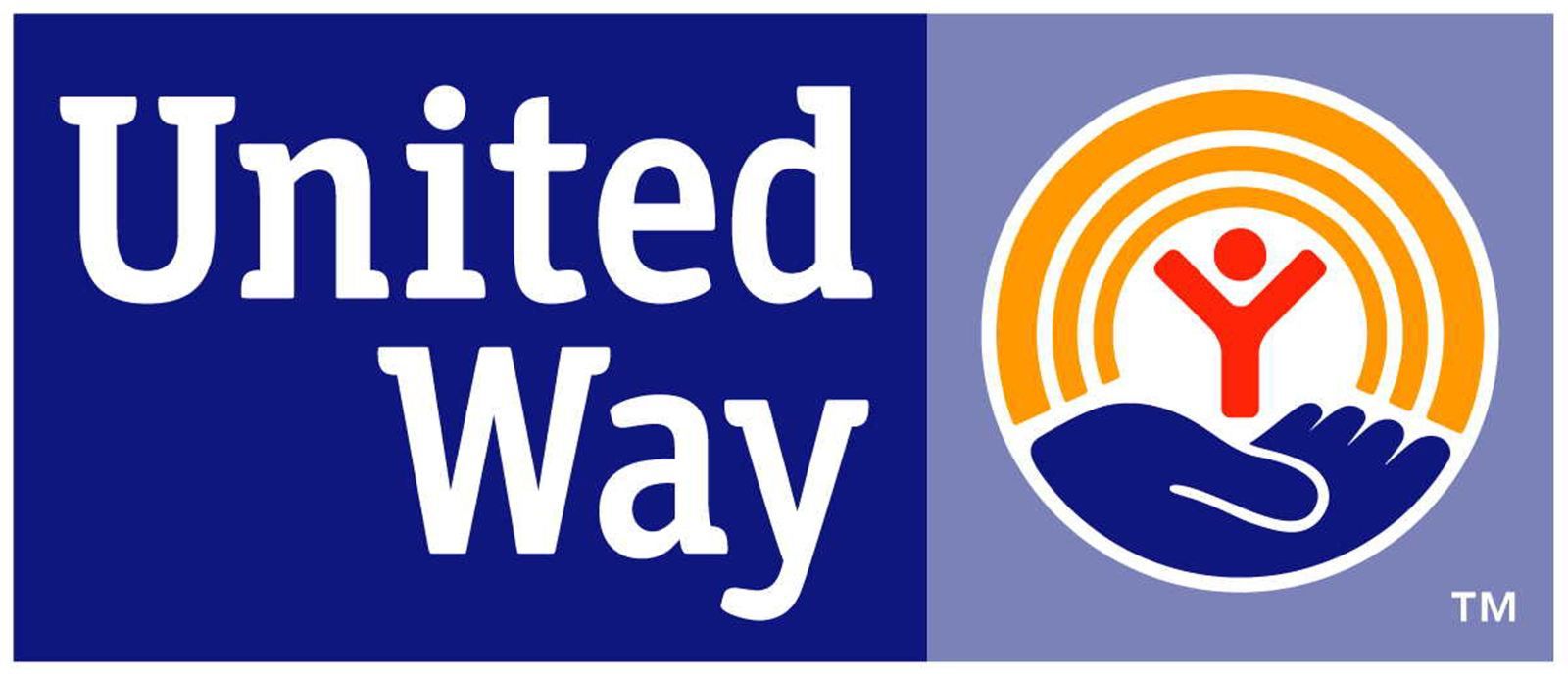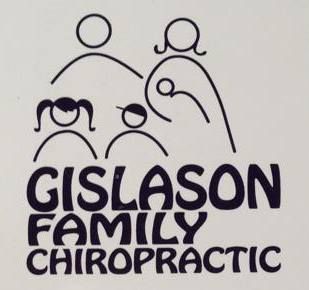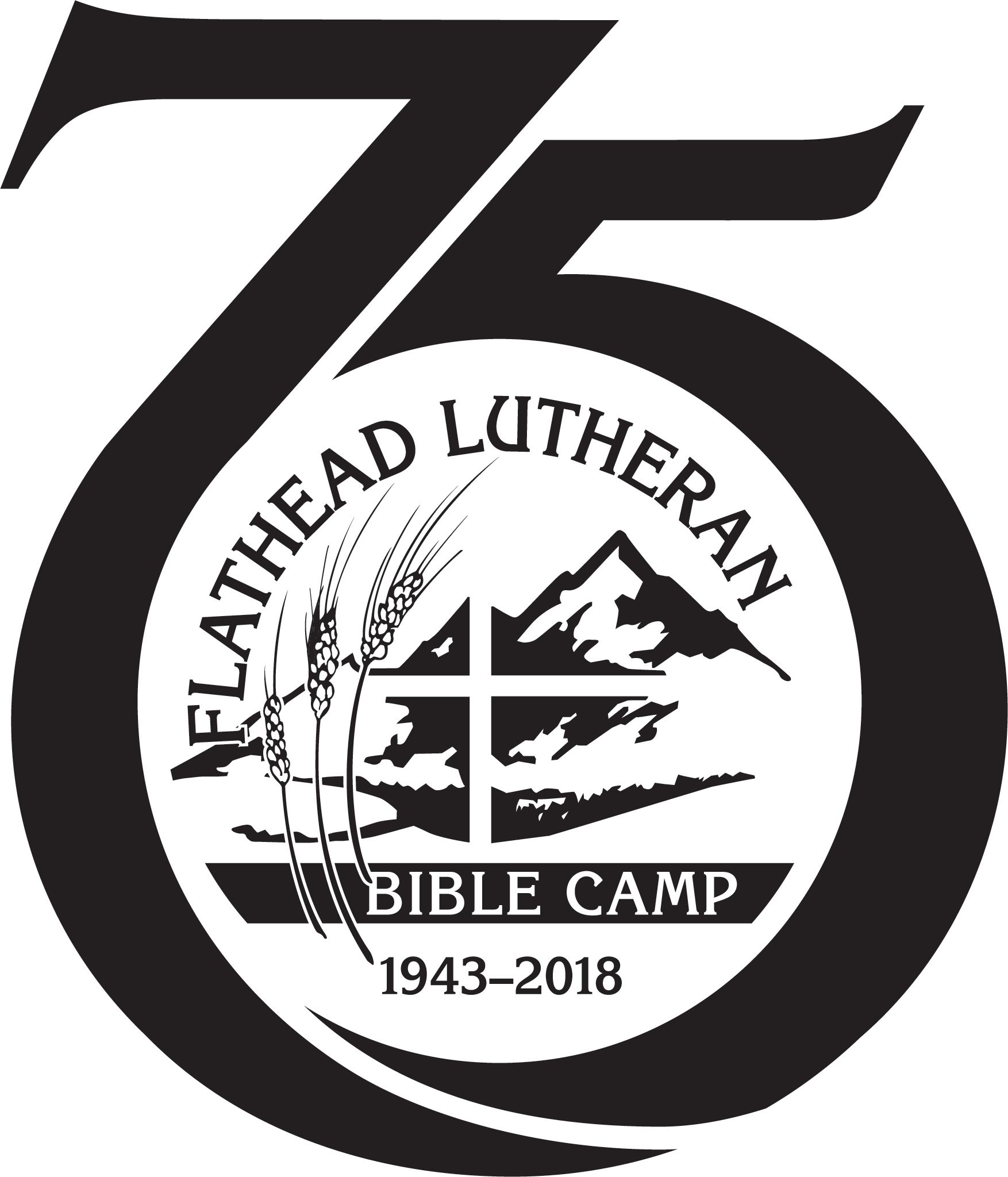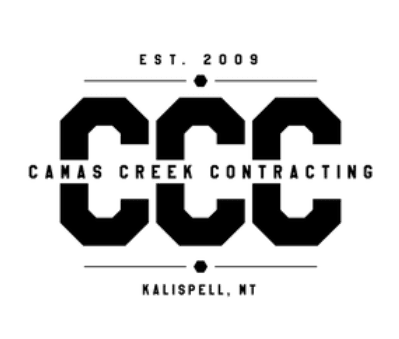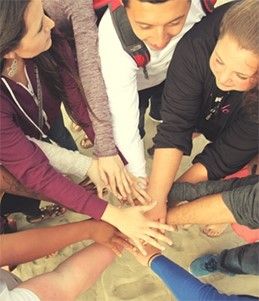
We’d like to close out National Foster Care Month with a few words from the most important voices in our work – Foster Youth.
This is a re-post of a May 16, 2017 post written by Callie Langford of CASA of Travis County.
Last weekend during the National CASA Conference in Seattle, a group of 4 young adults, all of whom had spent time in their state’s foster care system, shared valuable lessons with CASA staff members and volunteers. The panelists are members of the Foster Club network and advocates for other youth in foster care. Only one of the four had a CASA volunteer.
What’s the most difficult thing about foster care?
“Separation from siblings.”
“Reconnecting with siblings later. I entered care with 3 siblings, the younger 2 were adopted and I exited care with one. Saying ‘I love you’ when you haven’t seen someone for long time, especially when you don’t say ‘I love you’ to anyone, is difficult.”
How prepared were you for college? What do you wish you would have known?
“I didn’t take into account moving far away from my support system and how valuable they were to me till I didn’t have them. I wasn’t successful the first year without them, and I moved back later.”
“I wanted to know more about mental health resources. I experienced lots of anxiety in college leaving my room. I didn’t realize I should go to therapy and that this was normal.”
What role did supportive adults play in your transition to college?
“My caseworker moved me into my dorm four hours away from my hometown. I told people that she was my mom and got to be normal for once. She bought shirts for my roommate and me, and took our pictures, just like parents taking pictures in the movies. I got to have that wonderful memory.”
What living situation challenges did you have in college?
“There’s lots of freedom in the dorm which was great, but I had brought everything I owned to my dorm, to a small shared room. My roommate got mad about all my stuff. I didn’t have anywhere else to put this stuff, this is all of me right here.”
“It was difficult having all my friends and peers complain about parents calling or checking in too much.”
“I had a mentor from church, and over winter break she invited me to her house. I remember one night I came out of my room and she asked if I hated her because I was in my room a lot. She was expecting movies and a sleepover while I was there, but this was first time I’d ever had a room to myself. I valued the relationship too much to stay there again.”
Do you still experience challenges in higher education?
The majority of the people on the panel are studying social work.
“Social work majors talk about their experiences. I recently had the bravery to talk about being in foster care, and I noticed everyone’s head swerve to look at me. I felt judged.”
“Last week we had to share cultural symbol in a class. It was so stressful. People are bringing things passed down through generations, and I don’t have anything.”
“Doing eco maps and geno maps in social work, and going through family trees… it’s hard to share with peers.”
Why is it important to ask young people about their definition of permanence?
“Permanency is a very scary thing. When I entered foster care I was with a bio relative and they wanted guardianship – that was terrifying to me. Your parents are supposed to be people you trust the most, and betrayal by them makes it hard to trust others. How can you know someone in 6 months? I chose to stay in foster care instead of accept guardianship. Then, when I needed those bio relatives the most, they had chosen to step out of my life because I didn’t meet their level of success. I found permanent connections through the Independent Living Program and with other foster youth. Not that I wouldn’t want a permanent connection, but I don’t want one that’s rushed or feels unnatural.”
What thoughts do you have on relationships with biological family and siblings?
“In my social work internship, I supervised a sibling visit other day. The social worker came up to me and said, ‘These siblings haven’t seen each other in 4-5 months. What should we do?’ I said let’s make memories, let’s go to a fun place. It’s going to be awkward already. I have pictures with siblings from visitation rooms and white walls… let’s not do that. Activities help with awkward conversations.”
“If a relative or parent is struggling with addiction, talk about that. My mother struggles but I didn’t understand. I thought I wasn’t enough. I wondered what could I do better to make her choose me over drugs. No one explained addiction. I just couldn’t be with my mom. I had hard feelings about my mom because I thought it was a simple choice.”
“For me it’s super hard to not love my mom. I wouldn’t be here without her. She was 18 when she had me… I kind of raised her. I was responsible for my parent. We grew up together. My caseworker says this is toxic, and I know that but to not have that connection breaks your heart.”
“I know a young man whose dad wasn’t purposefully neglectful but had mental health issues and wasn’t capable. This young man felt loyalty to his dad, and that it wasn’t his dad’s choice. When the young man was being adopted he couldn’t go through with it. He felt he was betraying his dad, and it broke his heart. The foster family ended up feeling betrayed and then didn’t want to adopt him.”
“This past Thanksgiving I had a conversation with my former judge. I updated her on my life. She asked about mom, who has been in the same place forever. She said, ‘I have a kid like that and I’m trying to get him away from being a momma’s boy,’ and I was like, ‘Oh my god, check your bias right now! Who are you to say that’s not a relationship he should have?’ In care we’re not able to make decisions, but when we’re done they expect us to make all the decisions. That’s not her place to decide. Let him make the mistake, learn and grow. She said thank you. She was glad she had the connection with me to learn those things. I missed out on a lot because of people’s biases impacting decisions made for me – they hurt me.”
Any advice for CASA volunteers?
“Be present. Show youth you’re listening and seeing them eye-to-eye. You won't always understand what they're feeling and that’s okay. There’s a shared humility in this relationship”



